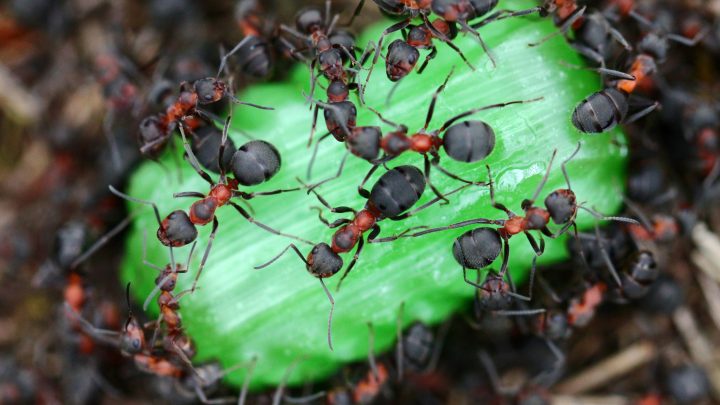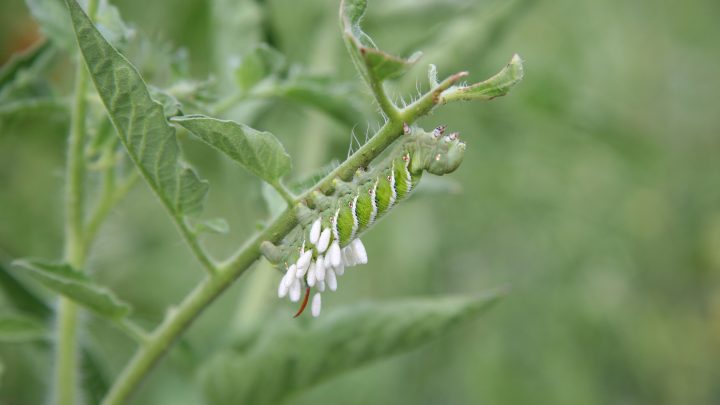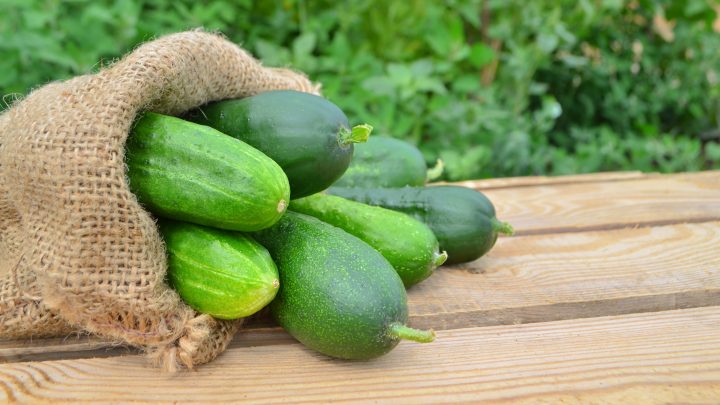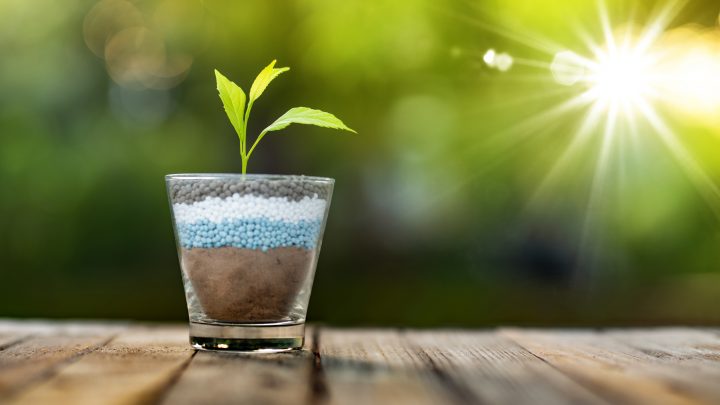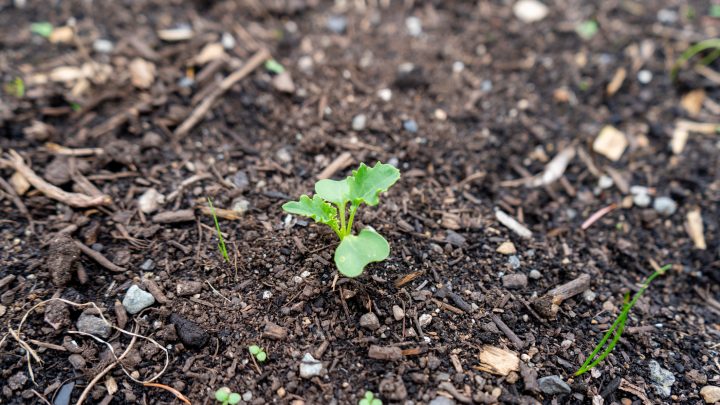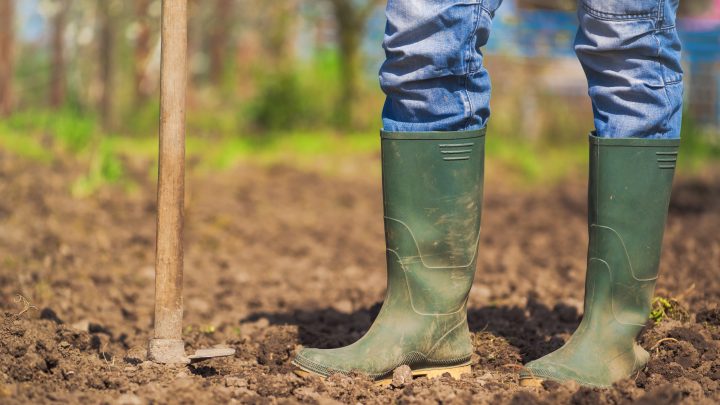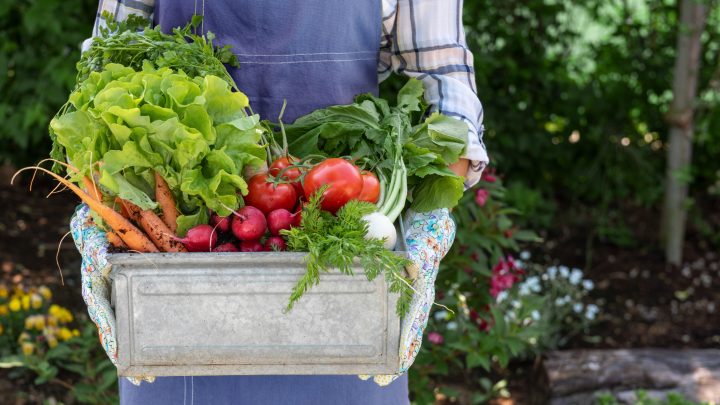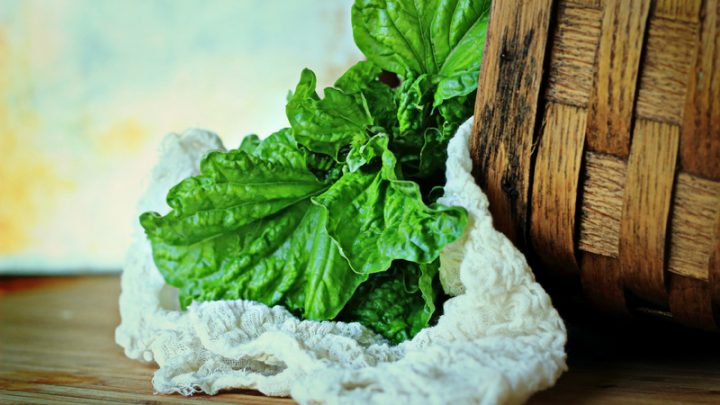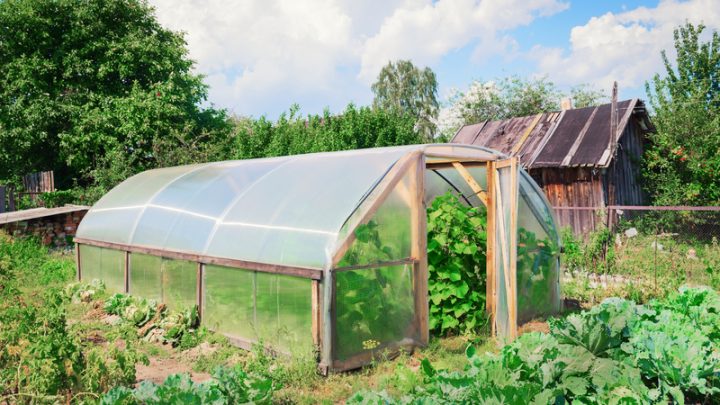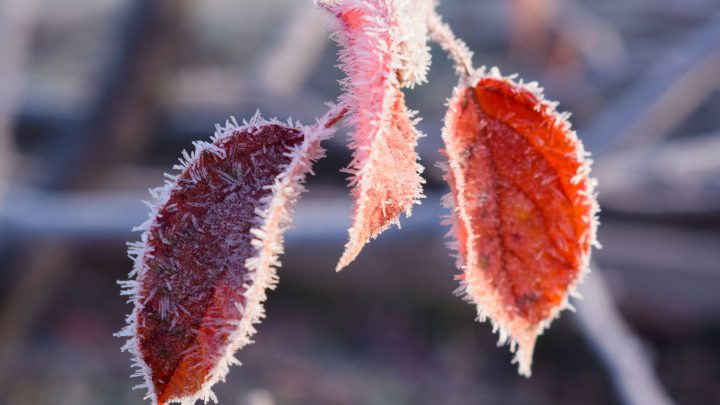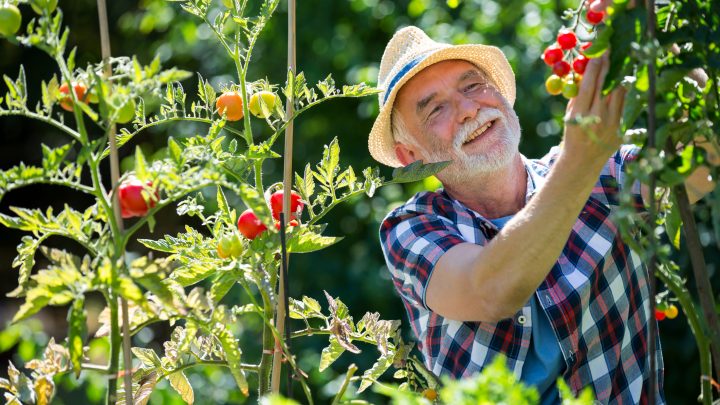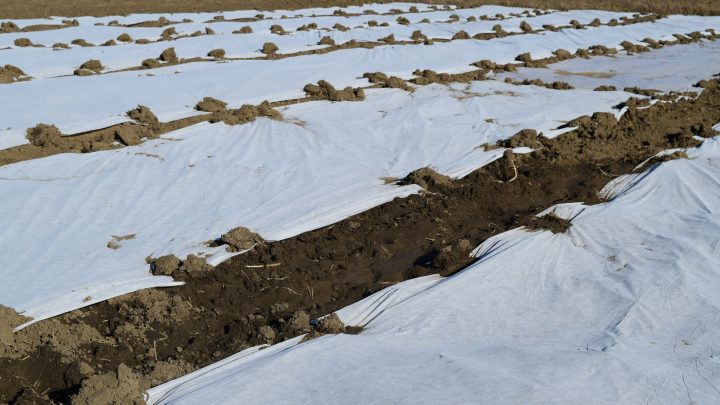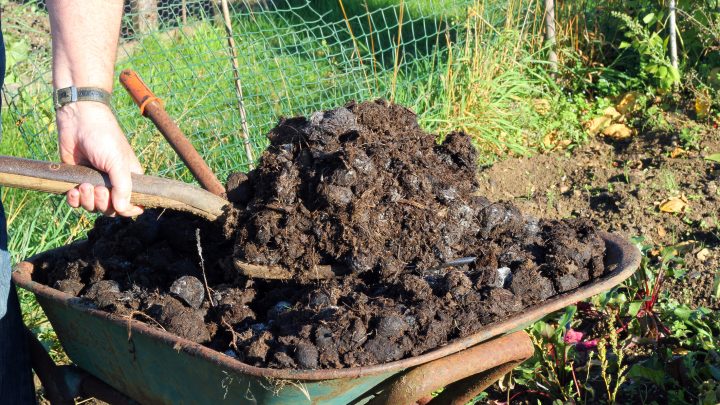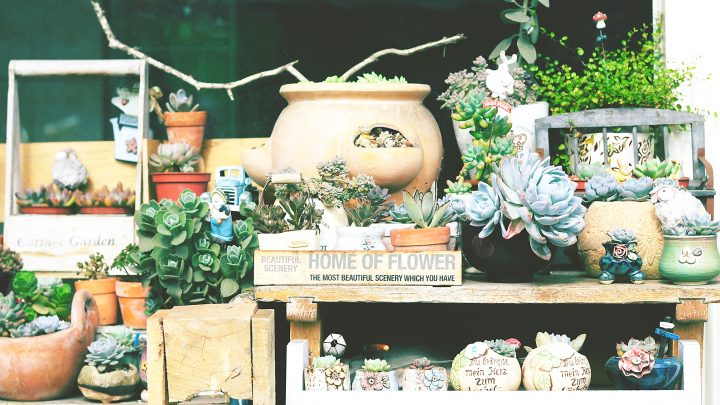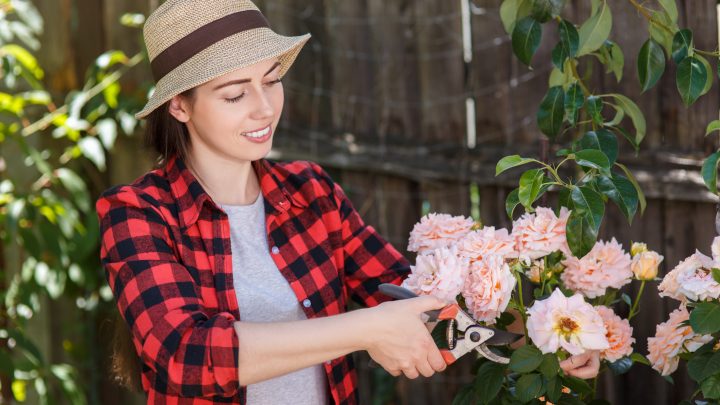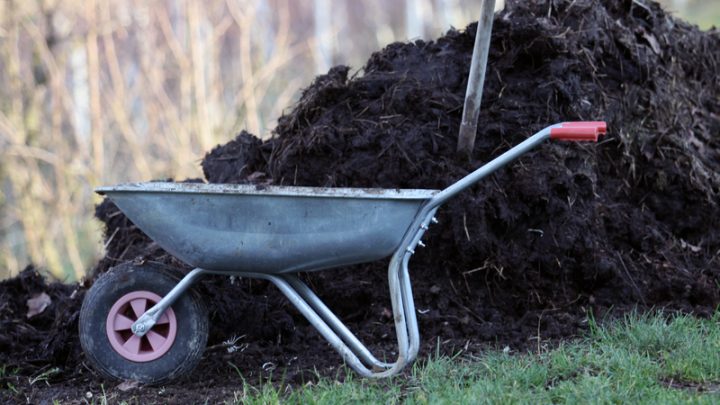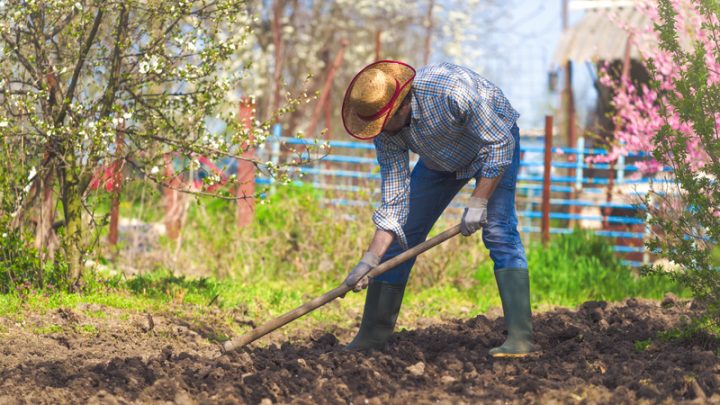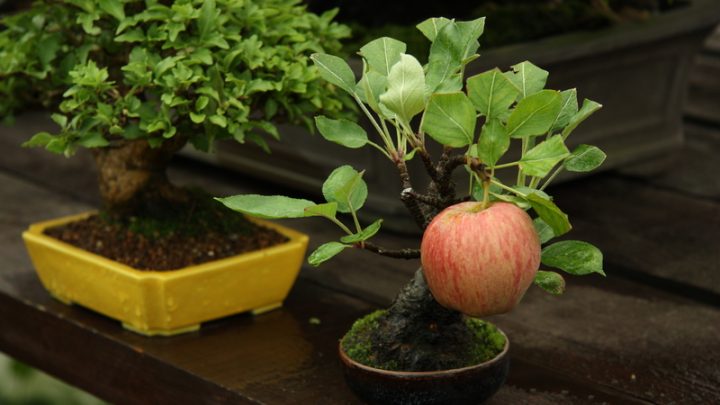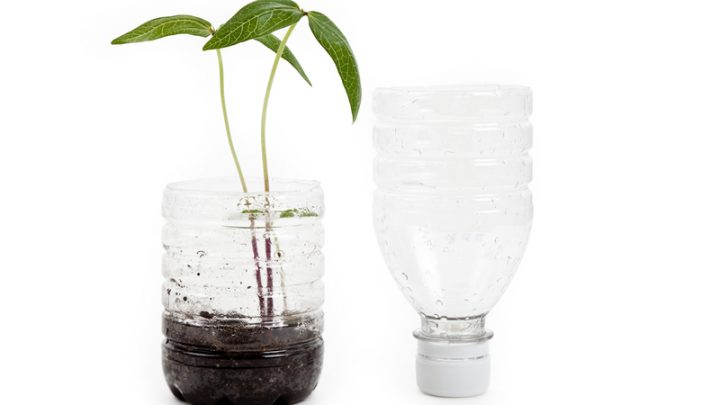4 Ways to Solve Your Ant Problems
Ants are complicated. On the one hand, you want some of them in your garden, because they go after other insects. They protect their territory unless you’re an aphid. They’ll help aphids, which can be bad because those insects have the power to wipe out an entire garden. One of the other hand, you really don’t want them to harm your plants. Whole colonies will set up shop near the root systems of your plants, harming them in the process. Thankfully, you can get rid of ants in your garden using a number of different methods, none of which require […]
Read more »
